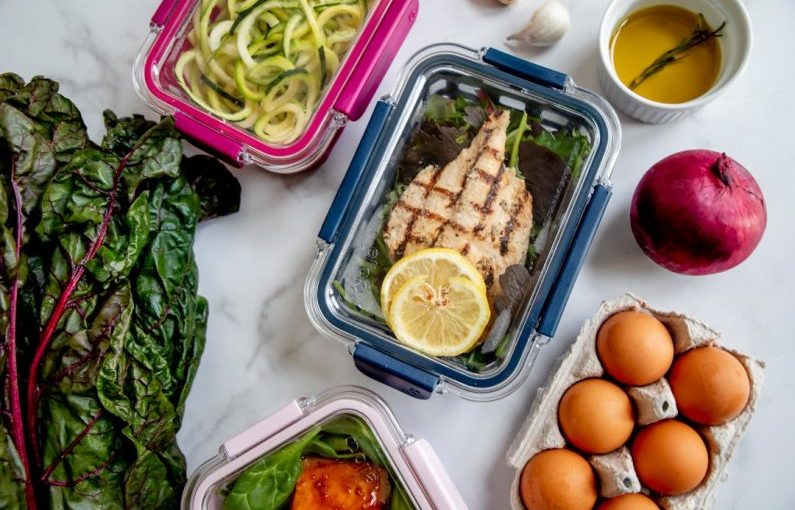Saving money on groceries and eating healthier are common goals for many people, but finding the time and motivation to cook every day can be challenging. Fortunately, one solution to this dilemma is weekly meal prepping. By dedicating a few hours each week to plan, prepare, and pack your meals in advance, you can not only save time but also save big on your grocery bill. Here are some tips on how to make the most of your weekly meal prepping routine.
**Plan Your Meals in Advance**
The key to successful meal prepping is planning. Start by creating a weekly meal plan that includes breakfast, lunch, dinner, and snacks. Consider your schedule for the week and choose meals that are easy to prepare and will last well in the fridge or freezer. Make a list of all the ingredients you will need for each meal, and be sure to check your pantry and fridge to see what items you already have on hand. Planning ahead will help you avoid last-minute trips to the grocery store and impulse purchases.
**Shop Smart**
Once you have your meal plan and grocery list ready, it’s time to hit the store. To save money, stick to your list and avoid impulse buys. Look for sales and discounts on items you need for your meals, and consider buying in bulk for items that you use regularly. Buying store brands or generic products can also help cut costs without sacrificing quality. Remember, the goal is to buy only what you need for the week to eliminate food waste and save money.
**Prep and Cook in Batches**
When you get home from the store, set aside a few hours to prep and cook your meals for the week. Start by washing, chopping, and portioning out your fruits and vegetables. Cook grains, proteins, and sauces in large batches, then divide them into individual containers for easy grab-and-go meals. Investing in good quality food storage containers will help keep your meals fresh and organized. Label each container with the meal and date to make mealtime a breeze.
**Mix and Match Ingredients**
To keep things interesting, try mixing and matching ingredients throughout the week. For example, cook a large batch of quinoa and use it in different ways – as a base for a salad, in a stir-fry, or as a side dish. Roast a variety of vegetables and add them to sandwiches, wraps, or pasta dishes. By using the same ingredients in different ways, you can save money and reduce food waste.
**Stay Organized**
Staying organized is key to successful meal prepping. Keep a running list of your favorite recipes and meal ideas to refer back to each week. Create a meal prep schedule that works for you, whether it’s on a Sunday afternoon or spread out over a couple of days. Use a meal planner or calendar to map out your meals for the week, including any leftovers or dining out plans. Having a plan in place will help you stay on track and avoid the temptation to order takeout.
**Enjoy the Benefits**
By incorporating weekly meal prepping into your routine, you can enjoy a variety of benefits. Not only will you save time and money, but you will also eat healthier, reduce food waste, and alleviate the stress of mealtime decision-making. With a little planning and preparation, you can take control of your meals and your budget. So why not give weekly meal prepping a try and see the difference it can make in your life?
**Maximizing Your Savings with Weekly Meal Prepping**
In conclusion, weekly meal prepping is a simple yet effective way to save big on your grocery bill while eating delicious and nutritious meals. By planning ahead, shopping smart, prepping in batches, mixing and matching ingredients, staying organized, and enjoying the benefits, you can make the most of your meal prepping routine. With a little effort and dedication, you can transform your relationship with food and your finances. So, start meal prepping today and watch the savings add up!





